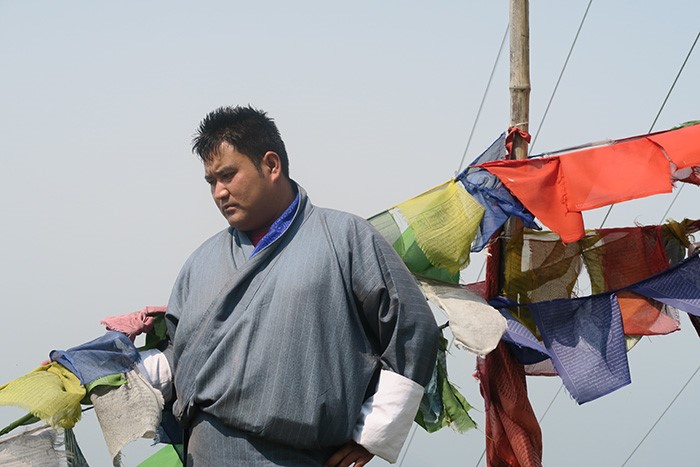– Joaquim Magalhães de Castro
The first Bhutanese whom Cacela and Cabral encountered alerted them to the difficulties they would have to undergo until they have reached their kingdom, informing them that at that time of the year the trip was not possible “concerning the many snows, winds and showers of which they said remarkable things”.
Condemned by such imponderables, the missionaries were obliged to wait four months, “in that kingdom of Cocho”, not telling us exactly where. They are most likely to have returned to Cooch Behar, or to Kalabari, from where Cacela wrote a letter to Brother Bartolomeu Fonteboa inviting him to come to them because “the people of the Potente (Tibet) provided us with the rest of the way”, and another to the superior of the Jesuit mission in Cochin, both entrusted to an interpreter, “that we always brought, being a man experienced in all ways o travelling and that would take care of Brother Fonteboa very well”, except that Fonteboa would soon die shortly after, in Hugli, receive the missive. At that point, Cacela was first sickened, and “after three days, Father João Cabral, both of cozois”. That is, they contracted malaria, from which Cacela would soon recover, but almost took Cabral life, since to him “it was the sickness sopping for as much that it was animated, that arrived at the extreme weakness and it had for many days in grave danger of life”. Also suffering, in an even more serious condition, were their Christian servants, “all four in a little house in the months of November and December, which the force of disease lasted”, having been able to survive, thanks to divine intervention, “without doctors, no medicines, no service required, no amenities”. As soon as Father Cabral reestablished himself, and because the time was ripe to start the journey, Estêvão Cacela asked the monarch for permission to depart for Tibet. He tells us: “I went to say goodbye to Prince Gaburrasa and to have his written authorization for the captain of the Potente and his people”. The monarch gave them what he had requested, and even offered them, as a sign of benevolence, a horse, showing them some concern for their future, as the Jesuit admits, telling us that Gaburassa doubted to deliver them to those people of Potente, “for the great fear that the people of Cooch Bihar have of them, seeing the freedom with which they roam around Runate without fearing anyone”.


 Follow
Follow


